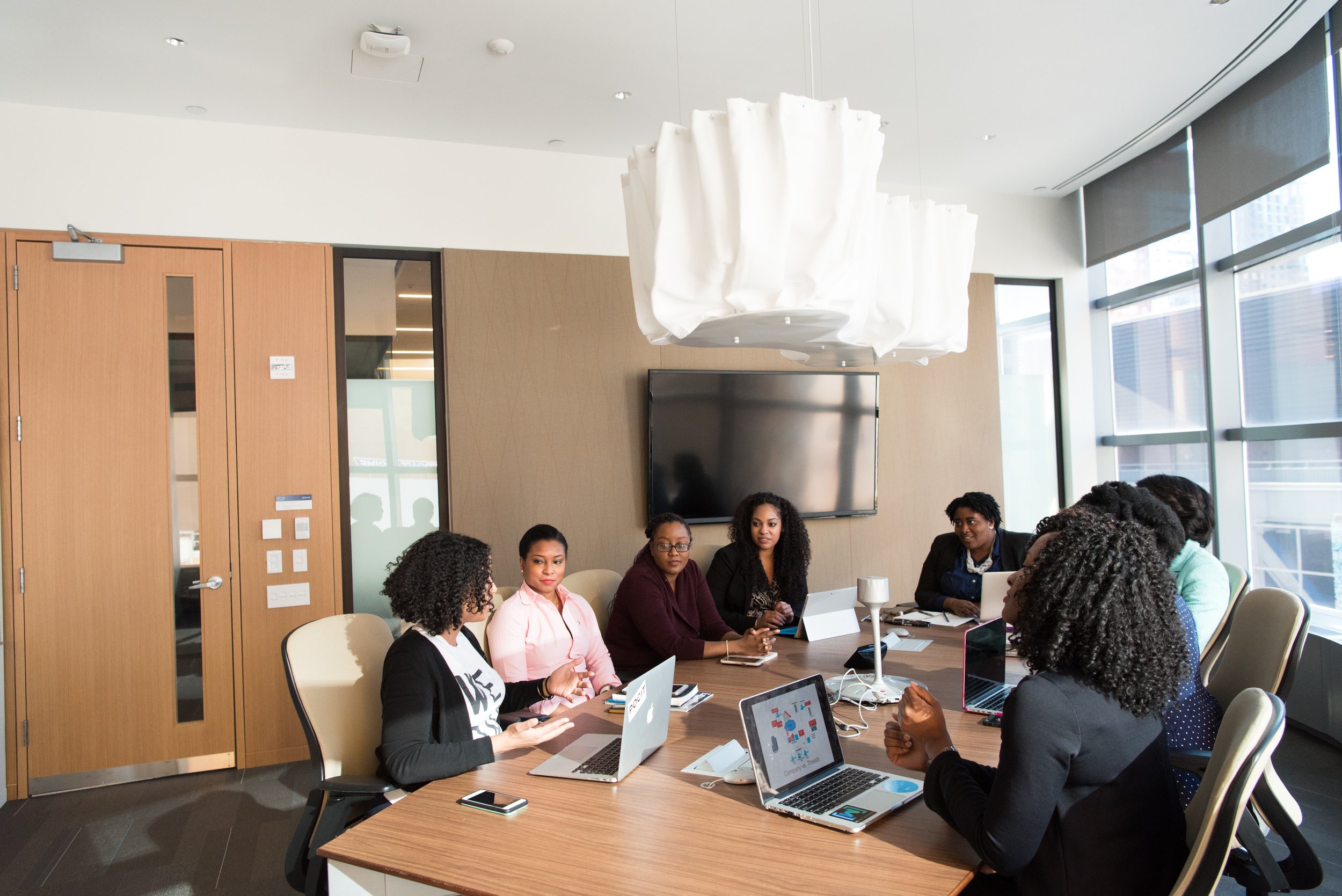Coping with Workplace Change
In this lesson, you’ll learn how to do that. First, you’ll learn why change is often unsettling and what reaction stages we tend to experience. Then, you’ll find out how to accept change by following a few expert strategies.
Course Length: 8 minutes
In this lesson, you’ll learn how to do that. First, you’ll learn why change is often unsettling and what reaction stages we tend to experience. Then, you’ll find out how to accept change by following a few expert strategies.
Course Length: 8 minutes
In this lesson, you’ll learn how to do that. First, you’ll learn why change is often unsettling and what reaction stages we tend to experience. Then, you’ll find out how to accept change by following a few expert strategies.
Course Length: 8 minutes
Welcome to this insightful lesson, where we'll delve into the art of embracing change gracefully. Change, a constant force in life, can often stir unsettling feelings within us. Understanding why change triggers such reactions and recognizing the stages we traverse can be transformative. In this tutorial, we'll equip you with these invaluable insights, while also providing expert strategies for embracing change.
The discomfort associated with change is a common human experience. As creatures of habit, we find solace in the familiar and the predictable. Altering the status quo disrupts this comfort, leading to a range of emotional responses. By acknowledging that these feelings are a natural part of the process, we can take the first step towards navigating change more effectively.
Change unfolds in distinct stages, each marked by unique emotions. The initial stage often involves denial or resistance, as we grapple to hold onto what's known. This is followed by a period of uncertainty, where confusion and frustration can dominate. As we begin to accept the inevitable, a phase of exploration sets in, characterized by curiosity and a desire to adapt. Finally, we reach the stage of integration, where the new reality becomes woven into our lives.
Embracing change necessitates proactive strategies that draw from expert insights. Cultivating a growth mindset can foster resilience in the face of change. This involves viewing challenges as opportunities for learning and personal development. Moreover, practicing mindfulness can help ground us in the present moment, alleviating anxieties tied to an uncertain future.
Collaboration and seeking support are equally vital. Engaging in open conversations with peers, mentors, or professionals can provide fresh perspectives and validate our experiences. Additionally, setting achievable goals amidst change can lend a sense of purpose and direction, counteracting feelings of aimlessness.
In conclusion, understanding the psychology of change and applying expert-endorsed strategies can empower you to embrace change with greater ease. By acknowledging your reactions, recognizing the stages of change, and adopting proactive approaches, you pave the way for a smoother transition into the new. Remember, change is not merely a challenge but an opportunity for growth and renewal.






